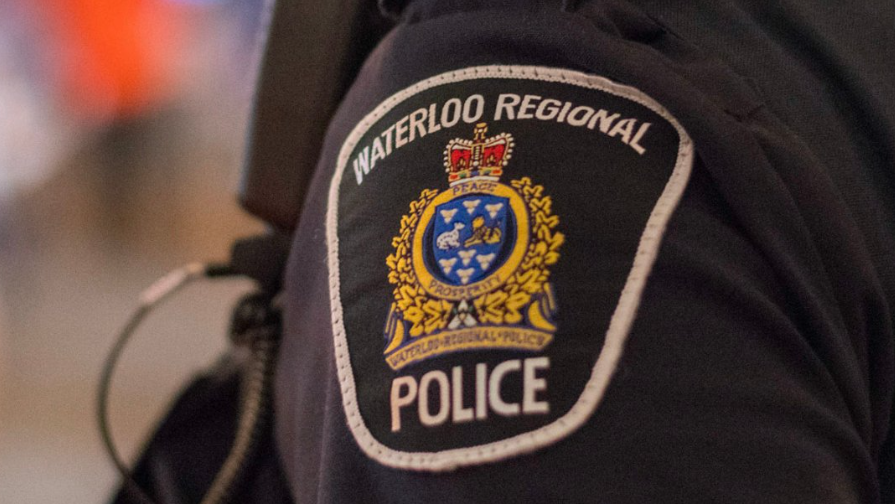UN committee criticizes Canada over handling of Indigenous pipeline opposition
Posted May 11, 2022 11:03:07 PM.
A United Nations human rights committee focused on combating racism has reiterated its call for Canada to stop construction on two pipelines until it obtains consent from affected Indigenous communities in British Columbia.
The UN Committee on the Elimination of Racial Discrimination says it has received information about the policing of Wet’suwet’en and Secwepemc people opposed to the Coastal GasLink pipeline being built in northern B.C. and the Trans Mountain pipeline expansion from Alberta to B.C.’s coast.
A letter from committee chair Verene Shepherd says the information alleges that surveillance and use of force have escalated against those opposed to the pipelines in order to intimidate and push them off their traditional lands.
The April 29 letter addressed to Leslie Norton, Canada’s representative to the UN in Geneva, points to a 2019 decision by the committee calling on Canada to “immediately cease forced evictions” of Wet’suwet’en and Secwepemc protesters by police and halt construction on the two pipelines.
The B.C. and federal governments had yet to respond to requests for comment on the concerns outlined by the UN committee.
The RCMP say they’ve increased their patrols around industry and “other camps” near construction sites for the Coastal GasLink pipeline after what the Mounties called a “violent confrontation” aimed at workers in February.
RCMP had responded to reports of damaged equipment and an attack on security guards. Before getting there, they say officers were stopped on the road by a fire while a group of people allegedly threw flaming sticks at them.
A statement Wednesday from Cpl. Madonna Saunderson with the RCMP’s north district says the Mounties have been concerned for people’s safety in the area and officers are “patrolling on public lands to ensure that no one is setting up structures to impede access.”
Police do not enter buildings or tents during their patrols, she added.
Staff Sgt. Janelle Shoihet says there hasn’t been any RCMP enforcement related to opposition to the Trans Mountain expansion in B.C.’s southern Interior since last September, when RCMP say workers were blocked from a site northeast of Kamloops and four people were arrested, while one fled.
The B.C. Prosecution Service has approved charges including assault and mischief against the five people, the Mounties said in March.
“Patrols continue throughout the entire policing jurisdiction of (Clearwater RCMP) but are certainly not isolated to any particular (Trans Mountain expansion project) site or camp,” Shoihet says in a statement.
Indigenous leaders responded to the UN committee’s letter at an online news conference on Wednesday, saying their nations have never signed treaties and their territories have never been ceded to the Canadian government.
First Nation band councils are responsible for reserve lands, but they don’t have authority to make decisions over broader Wet’suwet’en territory, says Sleydo’, a spokesperson for a Wet’suwet’en group behind blockades that have been set up along a road used by Coastal GasLink pipeline workers.
Wet’suwet’en hereditary chiefs have opposed the natural gas pipeline for years, while 20 First Nation band councils have signed off on the project.
Police have made numerous arrests while enforcing a court injunction prohibiting blockades that was granted to the pipeline’s owner, TC Energy.
Sleydo’ told the news conference that she is “harassed and surveilled daily” by company-hired private security and the RCMP, particularly members of the Mounties’ Community-Industry Response Group.
Kanahus Manual with the Tiny House Warriors, a group opposed to the Trans Mountain pipeline, told the news conference that the federal government created the system of First Nation reserves and band councils don’t hold the rights to 180,000 square kilometres of unceded Secwepemc territory.
Trans Mountain, a federal Crown corporation, says its 1,150-kilometre pipeline expansion project crosses “numerous traditional territories” and 15 First Nation reserves in B.C., and it only crosses reserve lands with consent.
The UN committee consists of 18 independent human rights experts elected to four-year terms by countries, including Canada, that have signed on to the convention to end racial discrimination they’re tasked with monitoring.
Its decision in December 2019 called on the Canadian government to stop construction on the pipeline projects until it obtains free, prior and informed consent outlined in the UN Declaration on the Rights of Indigenous Peoples.
A followup letter in 2020 says the committee regretted that Canada was interpreting the principle as “a duty to engage in a meaningful and good faith dialogue with Indigenous peoples and to guarantee a process, but not a particular result,” meaning the pipelines could go ahead after consultation.
The UN declaration, which both the federal and B.C. governments have in recent years pledged to implement, stipulates that governments must not make decisions relating to Indigenous rights or territories without consent.
The UN committee’s most recent letter says Canada was due to report last November on any measures taken to address the concerns outlined in 2019, but it hasn’t yet provided its report. The committee requested that the federal government provide a response to its previous communications by July 15.
This report by The Canadian Press was first published May 11, 2022.
The Canadian Press








